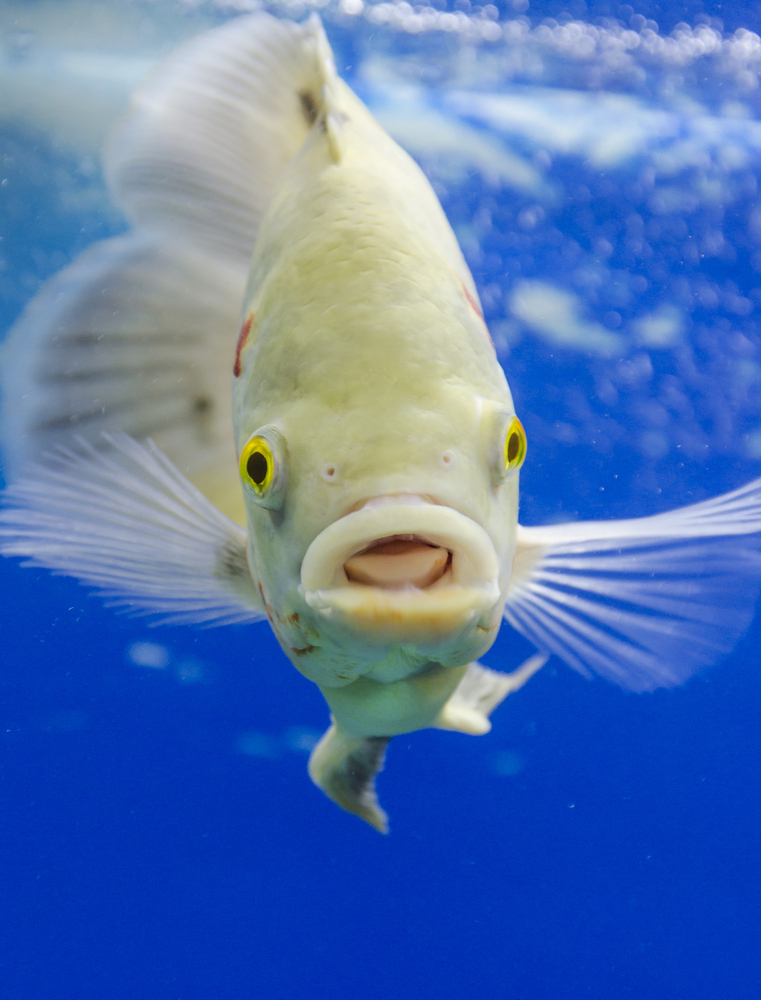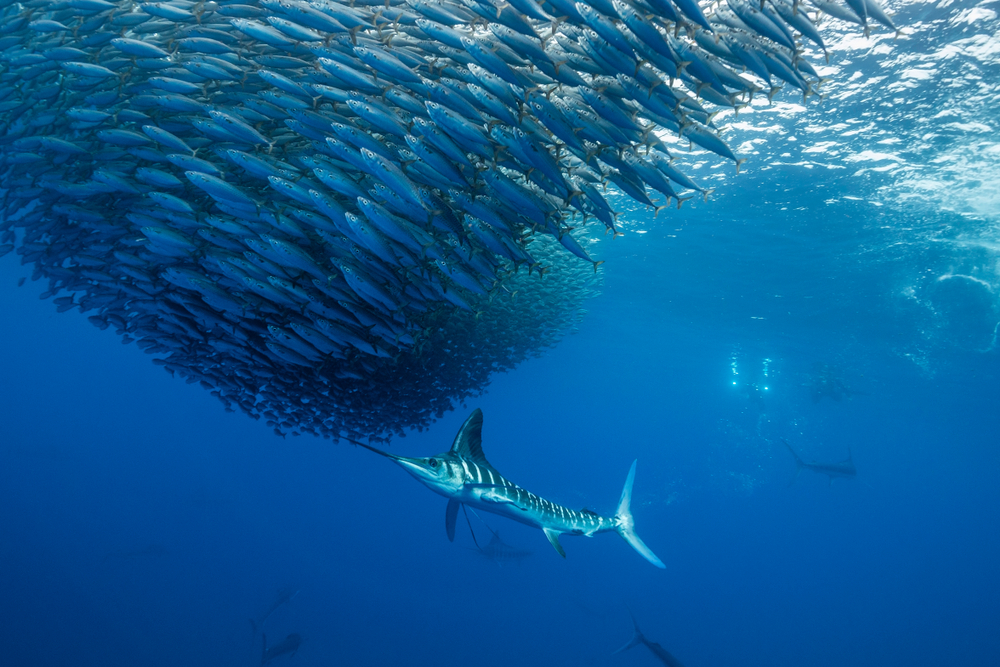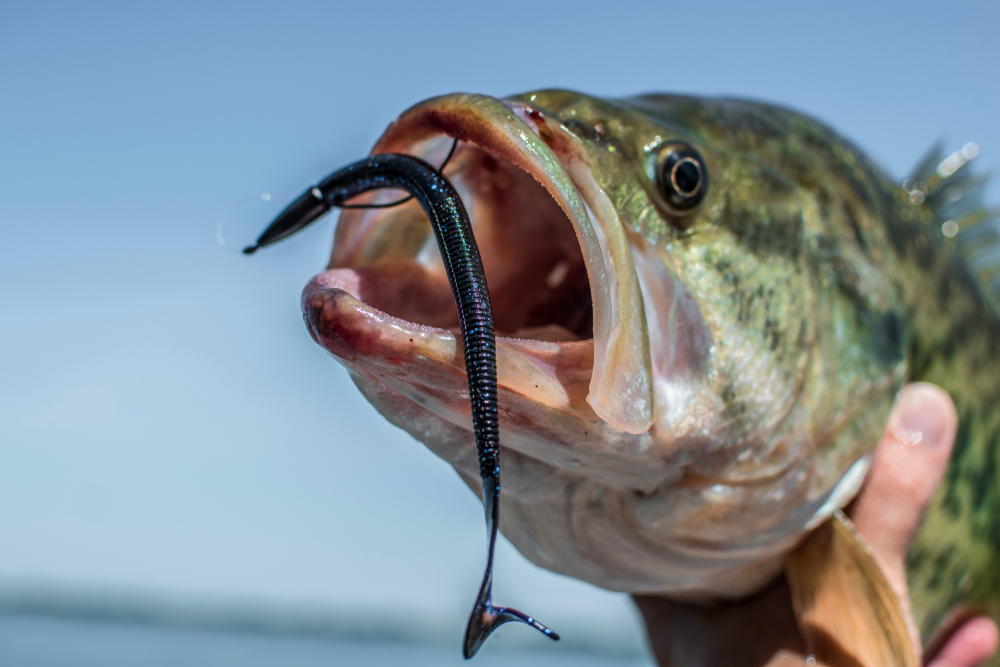I still can’t help but wonder why that fish followed my bait all the way up to two inches from it and then turned his nose up while swimming away. Was something wrong with my presentation? I spent $22.99 on that special lure.
It should taste like steak and lobster for him.

Did he smell the onion on my hands from that sandwich I had for lunch. What do you do? Wash your hands? Use Fisherman’s Soap? Don’t wash your hands? Use scents on your baits and lures? Clean your equipment until there is no smell present? Or, rub scents on your hands?
Use sunscreen? No! Don’t even touch the stuff? Put your entire tackle box in the dishwasher? Let your equipment wreak of the smell of fish? Does any of this matter to the fish? Does the smell of you and your stuff matter when it comes to catching fish? Let us investigate…
How does smell work?
A smell will travel more slowly in water than it will in the air, nevertheless smell is an important source of information for the fish. In fact, many fish have four nostrils, two in and two out. With this nostril configuration they are constantly able to access new scent information. Remember fish can’t breath through their nostrils, they are only there for detecting smells. Most of the fish we try to catch have their nostrils on the upper side of their head. Not all fish have what’s called olfactory pits. That’s nostrils. Nor, do all fish have connective channels like we do for air to go in and out of our lungs. As mentioned previously, fish can’t breath through their nostrils.
A smell will travel more slowly in water than it will in the air
Jack Bollinger
 But, many fish do have a lot of folds in that area with special flaps that pump water in and out over an area where scents are detected. This small folded area has a large number of very special sensory cells (much like taste buds) that carry a signal to a distinct and separate part of the brain used just for analyzing smells only. The taste area is in another part of their brains entirely.
But, many fish do have a lot of folds in that area with special flaps that pump water in and out over an area where scents are detected. This small folded area has a large number of very special sensory cells (much like taste buds) that carry a signal to a distinct and separate part of the brain used just for analyzing smells only. The taste area is in another part of their brains entirely.
What is the usage of smell in the underwater world

Fish use smell in a number of distinctly different ways.
- Fish use smell to recognize places in their environment, even over considerable amounts of time, for instance Salmon remember the smell of the river they were spawned in.
- Some fish like sharks recognize each other as individuals by scent, or smell.
- Fish use smell to communicate danger, Minnows release and alarm pheromone into the water if their skin is damaged.
- Fish use smell in reproduction, pheromones released by females can trigger courting behavior in males or appease male aggression to invasive members of the same species.
- Fish use smell to find food.

Can a Bass smell your lure?

There are a lot of different beliefs about the importance of smell in the life and survival of Bass. It is firmly established that Bass are definitely first sight feeders and that sight drives their predatorial responses. The point I want to make here is that even if the sense of smell is secondary to sight and hearing, it can not be overlooked. The Bass sense of taste is so great that I will discuss it in another blog. They have taste buds on their tongue, walls of their mouth, in their gills and down their throats. And, remember their tasting ability is controlled by a totally separate part of their brains. Just as the sense of smell is controlled by a completely separate part of their brains. This separation makes all their senses very strong. The next time you have a day where it seems like the fish are spitting the bait straight back at you like I have experienced, think real hard about the smells that you are sending through the water. It could mean the difference in success or failure.
Happy Fishing! And, keep your bait in the water!






